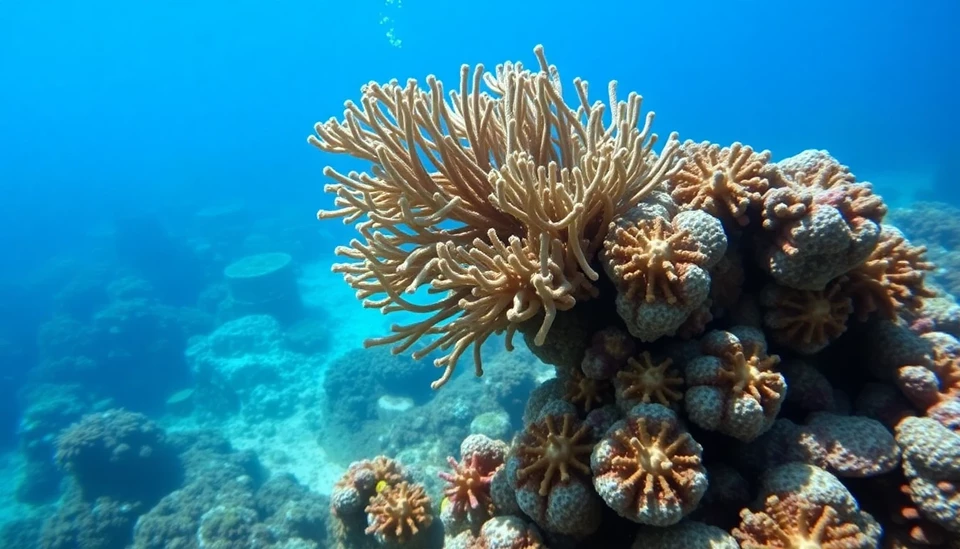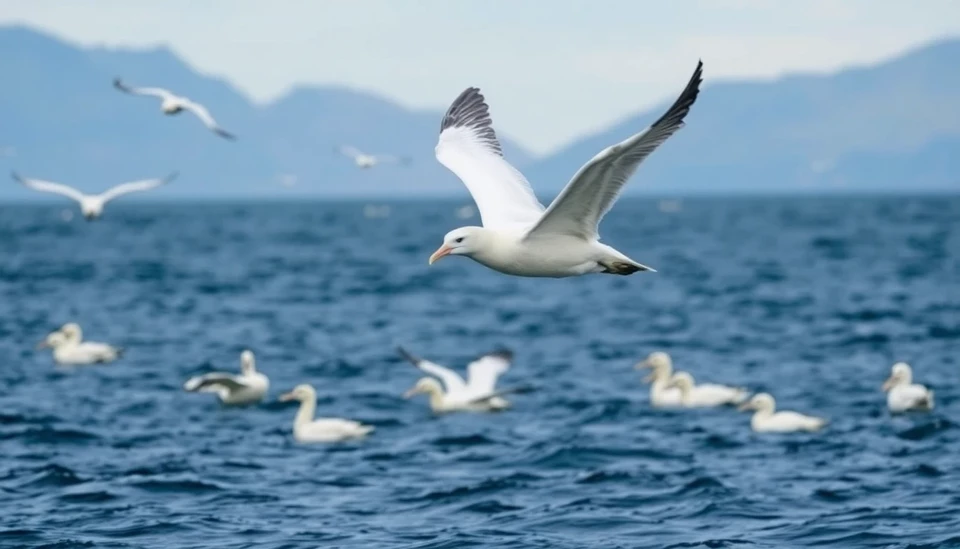
The upcoming UN Biodiversity Summit is set to take center stage as countries grapple with significant issues surrounding the funding of biodiversity conservation efforts and the contentious topic of "nature piracy." As nations prepare to convene, the spotlight will shine on the need to address the escalating exploitation of biological resources and the equitable sharing of their benefits.
At the heart of the discussions will be the concept of "nature piracy," often referred to as biopiracy. This phenomenon involves the unauthorized use of biological resources from one country, typically by companies or researchers from wealthier nations, without compensating the source nations. The practice raises critical ethical and legal questions about the ownership and management of natural resources, prompting demands for stricter regulations and accountability.
Delegates from around the globe are expected to express their concerns regarding the implications of nature piracy, particularly its impact on biodiversity-rich but economically weaker countries. These nations often lack the resources to protect their biological assets from exploitation, leading to calls for a more equitable system that rewards countries hosting vast biodiversity. The fear is that without robust international agreements and commitments, these resources will continue to be harvested unjustly.
Funding for biodiversity initiatives is another critical issue on the agenda. Many delegates believe that financial investments are essential to ensure the protection and sustainable use of biological resources. Countries will need to negotiate how funding mechanisms can be enhanced, including public and private investments, to effectively combat both the loss of biodiversity and the challenges posed by nature piracy. The negotiations will seek to bolster the integrity of biodiversity conservation efforts through the establishment of dedicated funds aimed at supporting the initiatives of developing nations.
The summit will also explore innovative financing approaches, such as biodiversity credits and market-based strategies, to incentivize conservation while fostering economic growth for local communities reliant on natural resources. As stakeholders voice their positions, a significant focus will be placed on establishing international cooperation frameworks to facilitate the sharing of benefits derived from biodiversity.
In addition to these pressing issues, the summit will address climate change and its effects on biodiversity. Participants are expected to emphasize the interconnectedness of climate initiatives and biodiversity conservation, aiming to create comprehensive strategies that integrate both environmental goals.
In summary, the UN Biodiversity Summit promises to be a pivotal moment in addressing the intricate challenge of preserving the planet's natural heritage while ensuring fairness and sustainability. With the increasing urgency of biodiversity loss and the complexities of nature piracy at the forefront, the outcomes of this summit could set a precedent for global environmental governance in the years to come.
#Biodiversity #NaturePiracy #Biopiracy #UNSummit #Conservation #SustainableDevelopment #ClimateChange #EnvironmentalGovernance
Author: Megan Clarke




